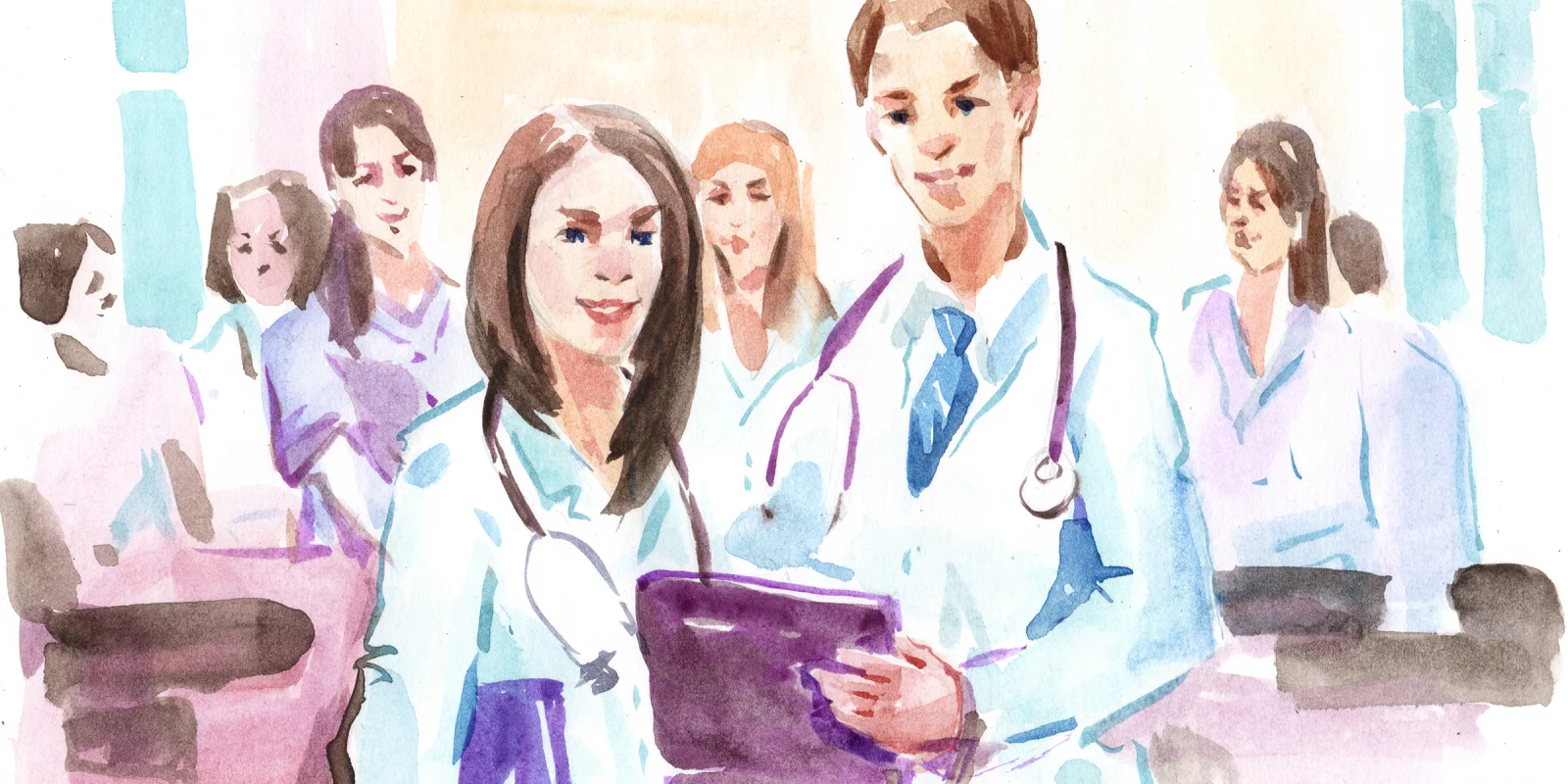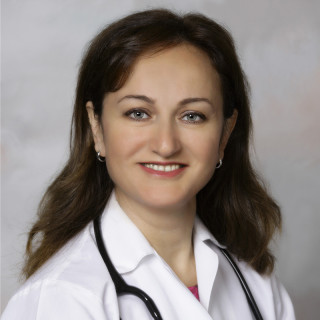
It is interesting to see how popular the phrase "physician burnout" has become. Articles, websites, social media groups, support materials, and lectures, all addressing a long-known open secret. As a big chunk of the healthcare force either completely gets out of medicine or scales down to part time work because of burnout, it is encouraging to see the factors that lead to physician burnout are finally placed under the microscope. Some would say this is "too little, too late," and this may be true.
All of us in the trenches know how grueling it is to deal with the increasing pressures of today’s world of medicine; seeing more patients in less time, trying to finish our documentation on time, complying with quality measures, dealing with insurance companies’ ever increasing administrative burden requests, lagging reimbursements and decreasing autonomy, unrealistic patient expectations, inability to have leisure time, and missed family time and more. These are dangerous routes to isolation, burnout, even depression, anxiety and addiction.
We see our colleagues a lot more than we see our spouses and children. We miss birthdays and milestones, children’s school events and sports activities, dinners, and gatherings with family and friends. Missing out is a common sacrifice that an average physician has to make at any level of his/her career. "Self care" has only a utopic meaning to many simply because it does not exist. Healthy eating is only for the spiels that we save for our patients. We skip lunches at work or graze crackers/donuts/chips and whatever we find while on the run. Finding time for exercise is very hard, while spending additional hour or two sitting in front of the computer trying to finish the day’s patient notes or frantically making sure all labs are checked is a daily routine. We are sleep deprived. We are stressed. Hobbies? What hobbies?
Most of us are a very idealistic bunch, and we chose this profession for a simple reason: to help our patients. And we do. We save people, comfort the dying, prevent illnesses, and improve the quality of countless lives every day, 24-hours a day, seven days a week. We cry when we fail to save our patients. When our patients recover from an illness, their happiness is ours, too. It is way more than a profession, it is what makes us who we are, entrenched deep in our personalities and subconscious core. We are healers.
There is another side to this dedication: a burden and a price to pay. There are those among us who have burned out or are at different stages of burnout. Physicians are among the highest suicide risk of all professions. It is a public health crisis.
Recently at a conference when the speaker asked how many of us in the audience had lost a colleague to suicide, almost all hands went up. I felt goosebumps thinking of all the bright, smart, idealistic people who felt the need to kill themselves. They had so much more to live for, learn, grow, and give to their communities, patients, and families. I was also amazed to see how common it was.
I've lost colleagues to suicide too. There was an eerily similar narrative after each suicide, those who knew the colleague would always talked about how it came as a shock and no one ever suspected anything before they took their lives. Physicians are very skilled in disguising their emotions. There may be mayhem in our lives but we are trained to remain calm and not show a hint of it from outside.
Healers need to heal themselves. Unfortunately, there is no golden rule. Easier said then done; taking good care of ourselves, eating healthy, sleeping well, exercising, getting out of toxic environments and impossible work schedules, meditation, taking time off, being involved in extracurricular activities, reconnecting with friends and spending time with family are some of the things that could prevent us from going down the rabbit hole of burnout but they're hard to get back to once burnout starts.
Recognizing the rat race we are in, is crucial for those of us who are already burning out. There can be no healing if the burnout is not acknowledged. Sometimes we need another caring colleague to reach out and speak the truth. Paying attention to the signs of stress and emotional strain on ourselves, our colleagues (or trainees for that matter), and addressing these in a kind and caring way could go a long way. Sometimes, just being available, open, and approachable for those who are just looking for someone to talk to can open the doors to healing. Supporting and encouraging each other helps us have a sense of belonging and it is empowering. In the end, we are all in this together.
Gul Madison, M.D. is an Infectious Diseases Specialist practicing in Philadelphia. She is a mom, tries hard to balance work and life. She is a 2018–19 Doximity Author.







